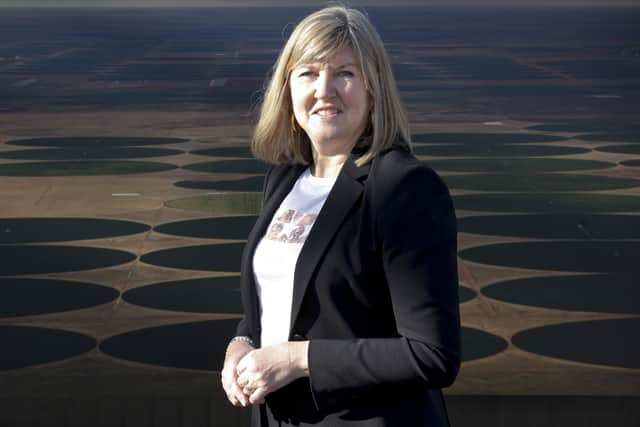Alison Johnstone MSP: Solve social care emergency to take pressure off the NHS


The situation is even more challenging in NHS Lothian, with a quarter of patients at the Royal Infirmary A&E waiting more than four hours. This exemplifies a continuing trend – the target for 95 per cent of people to be seen within four hours of arrival was last achieved in July 2017 and as demand on services increases, this downward shift seems unlikely to change any time soon.
This is a complicated issue, with causes ranging from pension changes restricting doctors’ ability to work overtime and pressures on social care impacting on emergency departments’ ability to cope. Dr David Chung, vice president of the Royal College of Emergency Medicine Scotland, has cited the latter as a major source of the strain, and suggested that approximately 20 per cent of people attending A&E could be treated elsewhere within the health service.
Advertisement
Hide AdAdvertisement
Hide AdWhile a certain degree of this is unavoidable, due to the relative accessibility of emergency departments, pressures on social care are no doubt worsening matters. Figures released just last week revealed that delayed discharge took up 7344 bed days in NHS Lothian last November, while health and social care related issues accounted for more than 6000 of these. This number is falling but is still the highest in Scotland, and the lack of adequate social care is undoubtedly having a significant impact on health services.


I have been contacted by constituents’ families seeking assistance in cases where a loved one, well enough to leave hospital, is unable to do so due to difficulties finding an appropriate care package. In some instances, the impact of a stroke or other condition might mean that a return to home in a tenement stair is no longer possible, and families are faced with a situation where a loved one remains in hospital, and visiting hospital becomes part of life for weeks or even months while every effort is made to find the accessible, single-storey ground floor property that can let the family get back together. It’s imperative that we build the type of homes that will make the return to life in the community possible.
Dr Chung warned that it will be extremely difficult to meet the 95 per cent target without significant increased support to social care services. Last year’s Fair Work Convention report told us that around one in 13 workers in Scotland works to provide social care to the elderly, disabled or vulnerable people, and that 83 per cent of care workers are women. That report found that “the level of wages for frontline support staff in social care is drastically low despite the work being complex and demanding”. There is cross-party support within Parliament for looking after those who look after us. Words are not enough. It’s vital that this increased support reaches those working in care, ensuring that they have job security and that they are properly paid and valued.
Alison Johnstone is a Green MSP for Lothian.